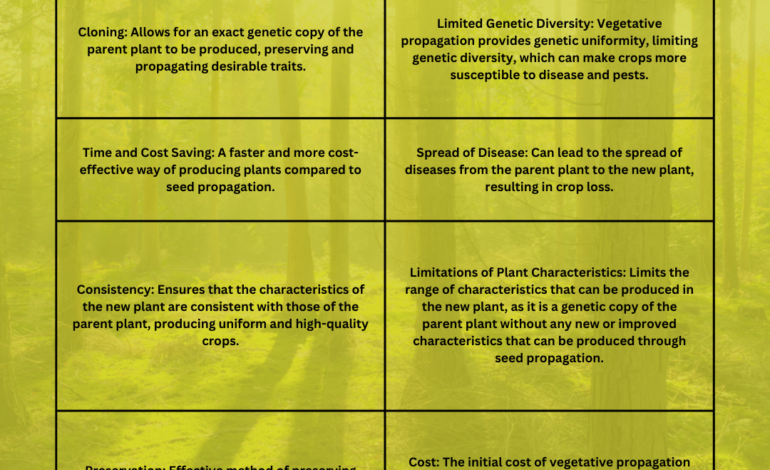What is towing capacity?
Towing capacity refers to the maximum weight that a vehicle can safely tow, including both the weight of the trailer and its load. Towing capacity is determined by several factors, including the engine size, transmission, and suspension of the vehicle, as well as its braking system, cooling system, and axle capacity.
It’s important to note that towing capacity can vary widely depending on the make, model, and year of a vehicle, and that exceeding the towing capacity can cause significant damage to the vehicle and pose a serious safety risk. When selecting a vehicle for towing, it is important to consider the weight of the trailer and its load, as well as the towing capacity of the vehicle, to make sure that it is suitable for the specific task.
Understanding Towing Capacity
Definition of Towing Capacity
Towing capacity is the maximum weight a vehicle is capable of pulling safely. It is determined by the vehicle’s engine power, transmission type, suspension, and other factors. Towing capacity is expressed in pounds or kilograms and can vary significantly from one vehicle to another.
Factors That Affect Towing Capacity
Several factors affect a vehicle’s towing capacity. The size and weight of the vehicle itself play a significant role, as heavier vehicles generally have greater towing capacity. Engine power is also crucial, as stronger engines can pull heavier loads. The transmission type can affect towing capacity, as vehicles with manual transmissions can often tow more weight than those with automatic transmissions. Suspension is another important factor, as vehicles with stiffer suspension systems are better equipped to handle heavy loads.
Understanding Gross Vehicle Weight Rating (GVWR) and Gross Combination Weight Rating (GCWR)
GVWR is the maximum weight that a vehicle can carry, including the weight of the vehicle, passengers, cargo, and fuel. GCWR is the maximum weight that a vehicle and a trailer can tow together safely. Understanding GVWR and GCWR is important because exceeding these limits can cause damage to the vehicle, compromising safety and performance.
How to Determine Towing Capacity
To determine a vehicle’s towing capacity, it’s essential to refer to the owner’s manual or consult with a professional. The manual will provide specific information about the vehicle’s towing capacity, including the maximum weight of the trailer and any accessories that can be safely towed. If the manual is not available, the vehicle’s manufacturer or a professional towing expert can help determine the appropriate towing capacity.
Choosing the Right Equipment for Towing
Hitch Types and Accessories
Choosing the right hitch is essential for safe and efficient towing. There are several hitch types to choose from, including weight-distributing hitches and sway-control hitches. Weight-distributing hitches help evenly distribute the weight of the trailer across the vehicle and can improve stability while towing. Sway-control hitches can help prevent swaying of the trailer while driving. Other accessories, such as trailer brakes and mirrors, can also improve safety and efficiency while towing.
Trailer Weight and Balance
The weight and balance of the trailer are important considerations when towing. The trailer should be loaded evenly and securely, with heavier items placed closer to the axle. Overloading the trailer can cause damage to both the trailer and the vehicle towing it, as well as increase the risk of accidents. Properly balanced trailers are easier to tow and help maintain stability on the road.
Consult with Professionals
Consulting with a professional towing expert is recommended when choosing the right equipment for towing. They can help determine the appropriate hitch and accessories for the vehicle and trailer and provide guidance on proper loading and weight distribution. They can also provide valuable insights on safe towing practices, such as maintaining proper tire pressure and avoiding sudden maneuvers while towing.
Towing Capacity and Fuel Efficiency
How Towing Capacity Affects Fuel Efficiency
Towing capacity can have a significant impact on fuel efficiency. The heavier the load being towed, the more fuel is required to move it. As a general rule, towing at or below 75% of the vehicle’s towing capacity can help maintain fuel efficiency.
Tips to Improve Fuel Efficiency When Towing
To improve fuel efficiency when towing, make sure the tires are properly inflated, avoid overloading the vehicle or trailer, and maintain a consistent speed while driving. Additionally, removing excess weight from the vehicle or trailer can help improve fuel efficiency.
Towing Capacity and Regulations
State and Federal Regulations for Towing Capacity State and federal regulations exist to ensure safe and responsible towing.
In the United States, each state has its own set of regulations for towing, including maximum towing capacity, maximum length, and required equipment. Federal regulations also require certain equipment, such as brakes, reflectors, and lighting, for vehicles and trailers over a certain weight.
Conclusion
In conclusion, understanding towing capacity is essential for safe and efficient towing. Factors that affect towing capacity include the vehicle’s size and weight, engine power, transmission type, and suspension. To determine towing capacity, it’s important to know the weight of the trailer, choose the right hitch and accessories, and consult with professionals.
Additionally, regulations exist at both the state and federal levels to ensure safe towing practices. By following safe towing practices and staying within the vehicle’s towing capacity, you can enjoy worry-free towing and avoid accidents or fines.



